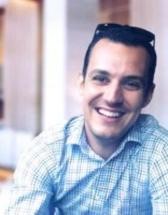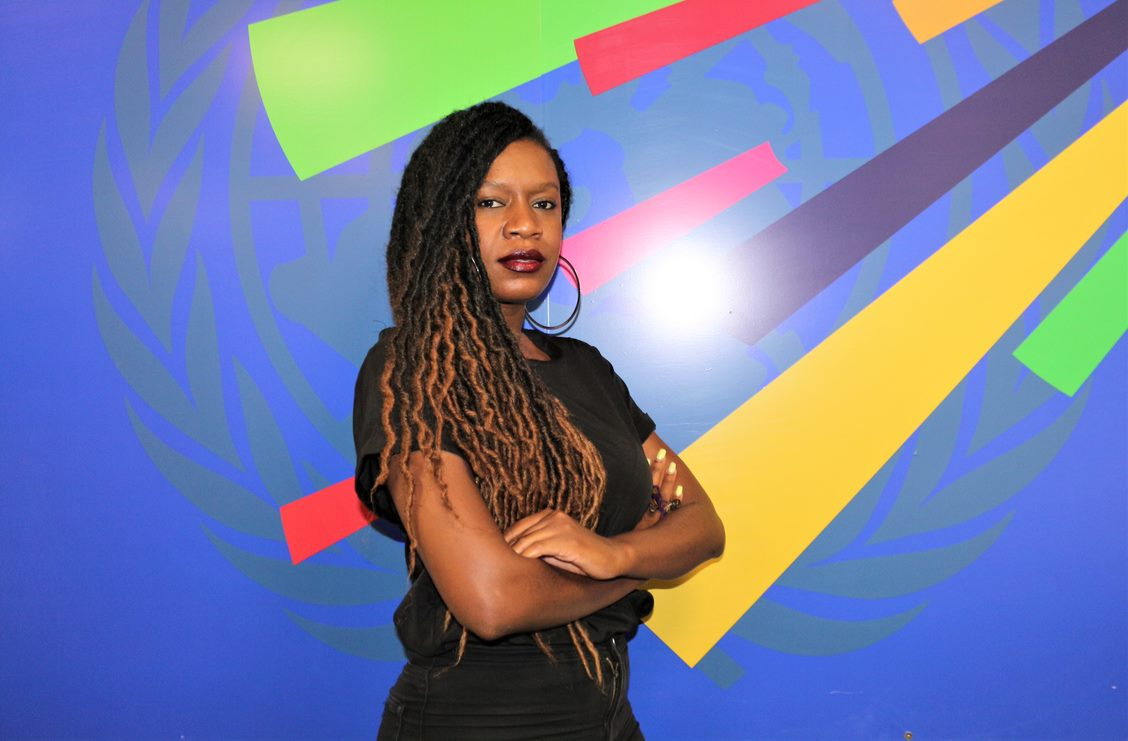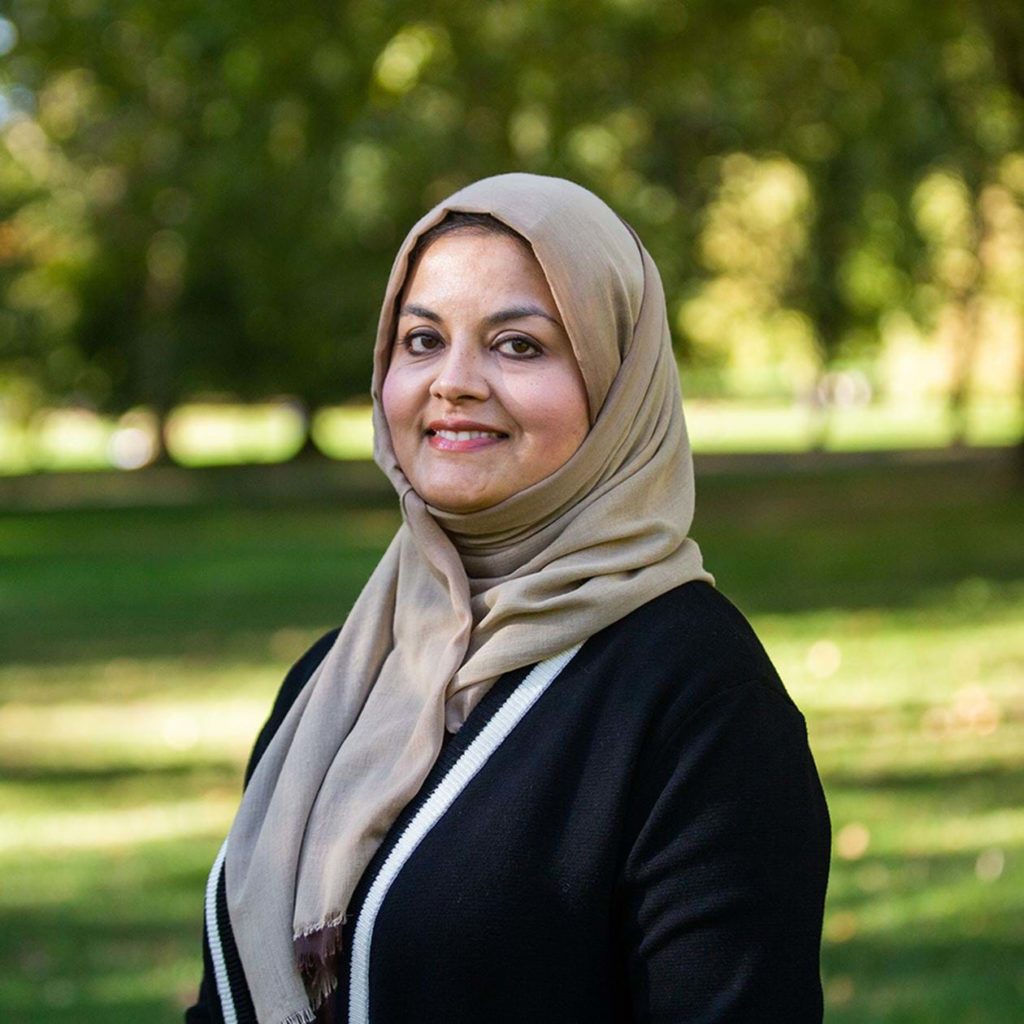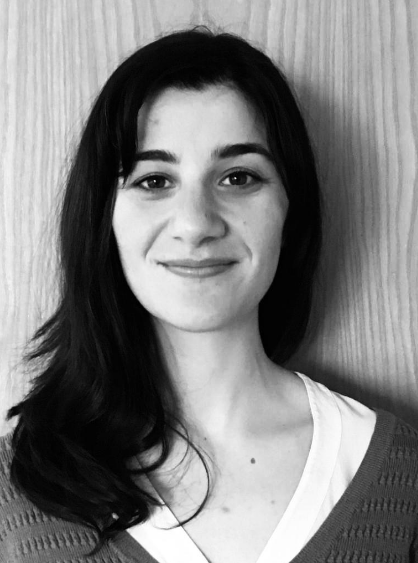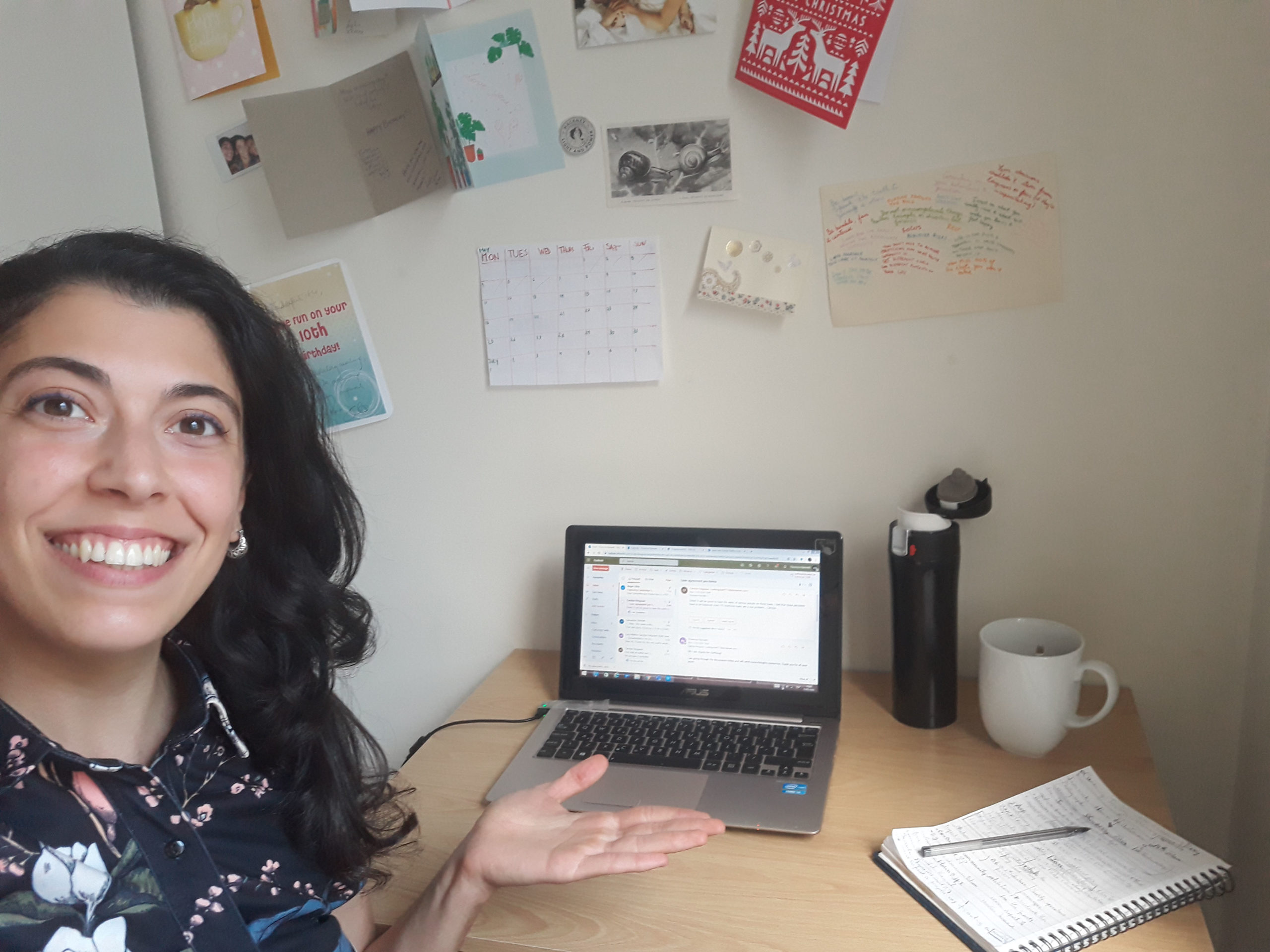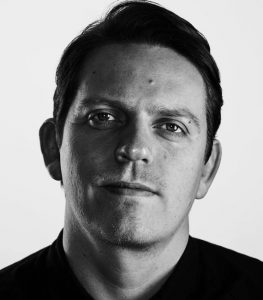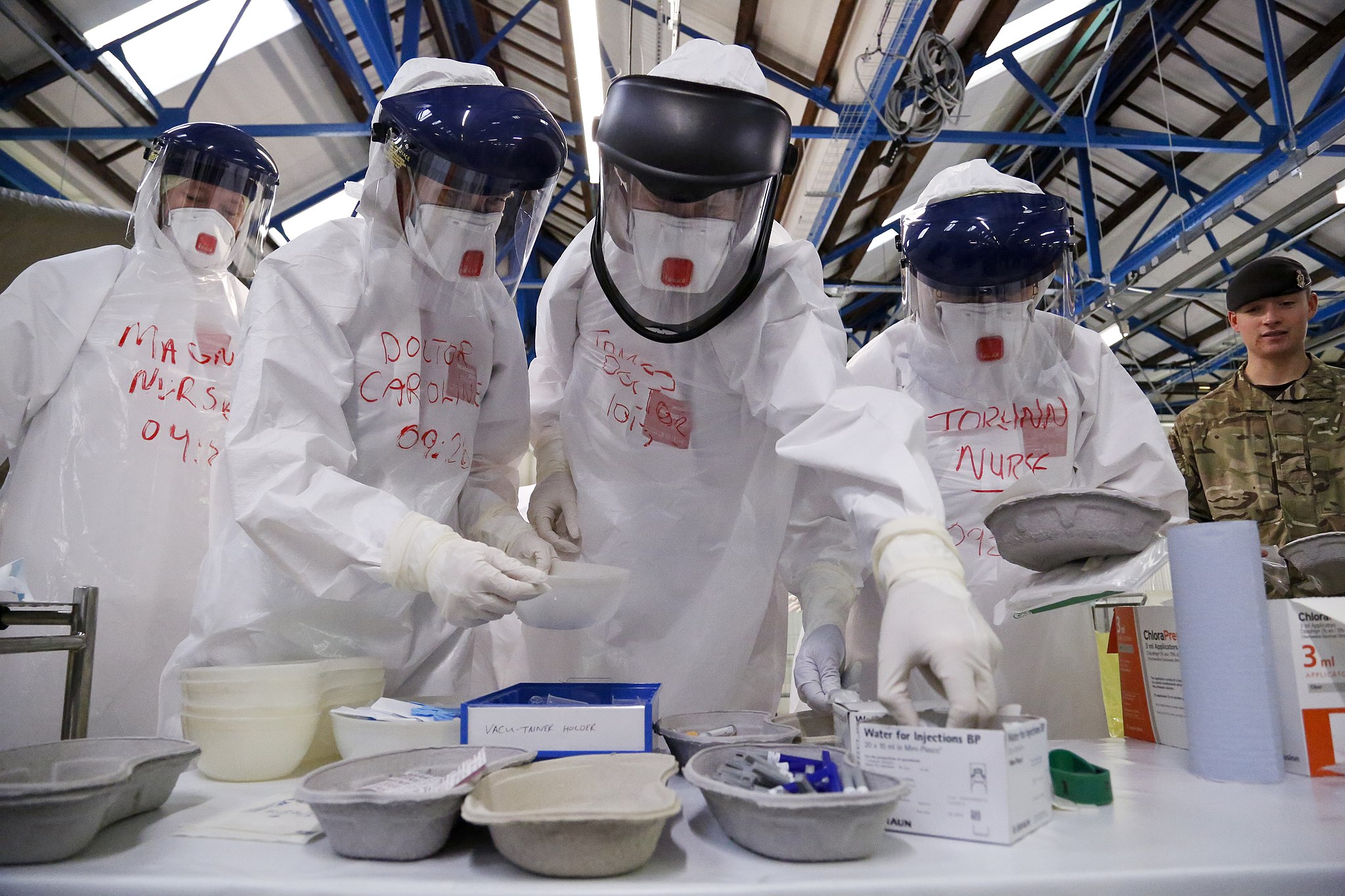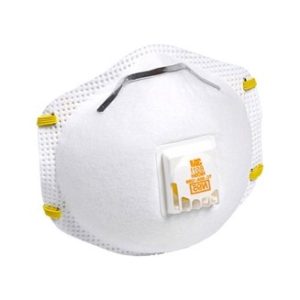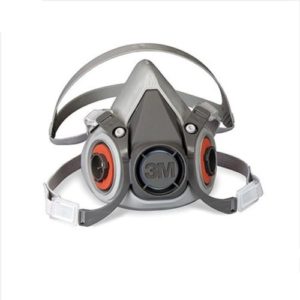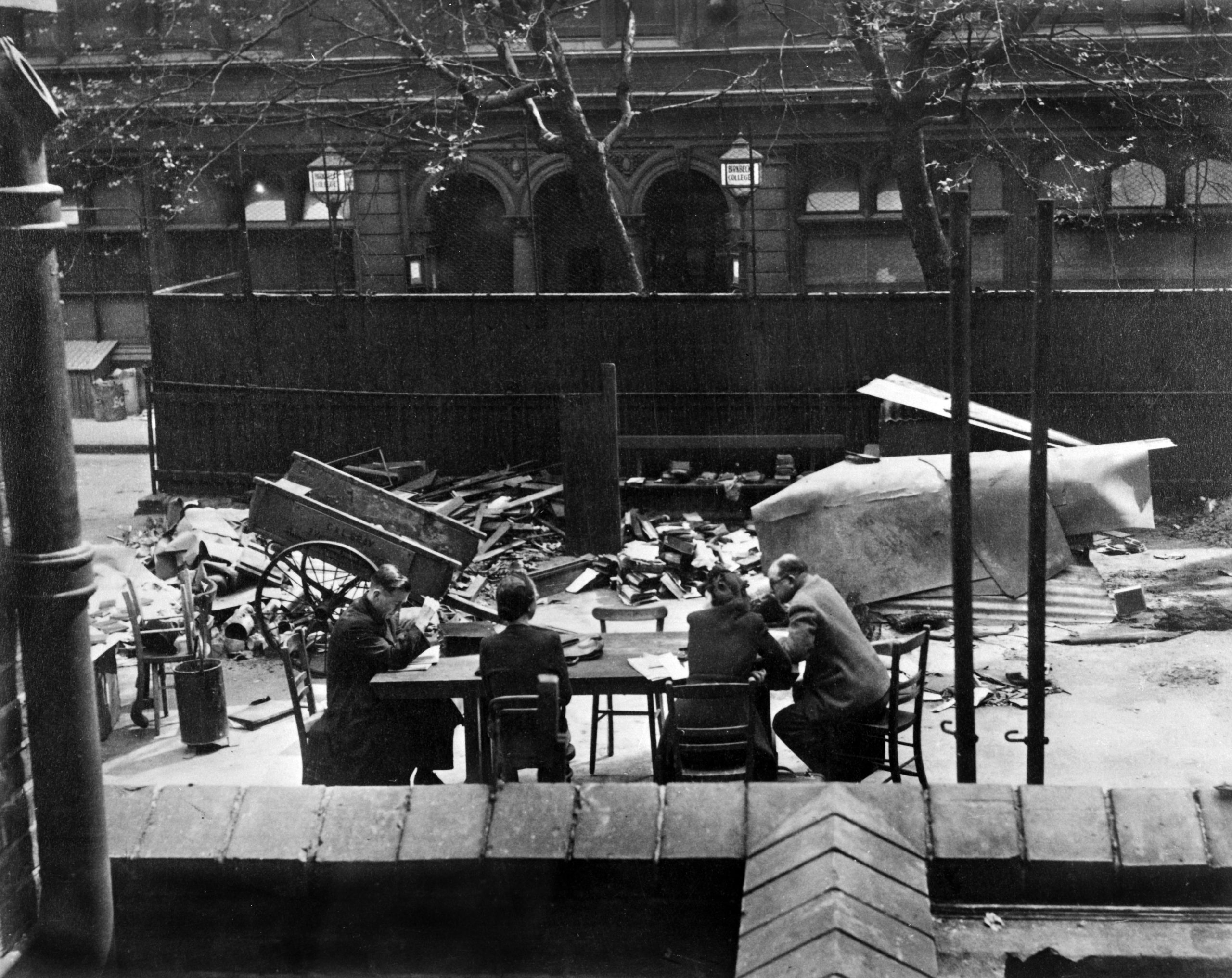As we move out of crisis mode and settle into new patterns of working, Professor Almuth McDowall shares her advice on managing work and family life over the coming months.
In May, I had the opportunity to deliver an online webinar for Barclays Eagle Labs together with their CEO Ben Davey. We tackled important and profound questions, not only about how we manage work in times of crisis, but also our families and wider networks.
Ben shared his experience of managing work-life balance. Initially, he explained, he fell into the trap of working very long hours and not having enough time to rest and recuperate. Now he makes an extra effort to go out, get fresh air and then comes back to his desk feeling reinvigorated. I could relate to this so much. During the first two weeks of the crisis, I must admit that I barely slept or ate, as there was so much to do, so much change to manage. Things have settled down now and we are working virtually as teams and organisations.
Ben asked me if I had any advice for how to make this happen effectively, particularly in international contexts. The research on virtual working tells us that teams work better if they have had initial face to face meeting and bonding time. Well, none of us has had this. It might be something to go back and revisit – have you agreed a set of principles for how your team will work? Has everyone signed up? Regarding international teams, it can be really important to establish and preserve local identity, particularly during this time of crisis and uncertainty. Maybe each team could agree on a ‘strapline’ that summarises their identity and ways of working? Then provide teams with the opportunity to express their needs for how they want to work with others. Provide regular ‘feedforward forums’ so that the spotlight is not only what needs to be done, but also how you work together.
The attendees in our online session were as concerned about managing their families as they were about managing their work. Many of them had noticed that energy levels are starting to wane. Also, how do you communicate with young children and teenagers? As the situation is so uncertain, a good approach is to focus on the short and medium term. Think about what is precious to you as a family, and what you can control. No one can control the media, or government policy, but we can control how we communicate with each other. Having been stuck in our homes for so long, it can be easy to fall into a rut and take each other for granted. Make sure you actively seek opportunities to talk to each other and share experiences.
Another question was about how to keep teenagers motivated to do their homework. I shared my own experience. My middle daughter is doing, or rather not doing (in a traditional sense) her GCSEs. At first, we had several heated arguments as I wanted her to do more work, yet she was lying on her bed and talking to her friends. Being honest, I had to adjust my own expectations. This is an unusual situation. She is at an age where her peer group is more important than family. Will anyone really care about the grades she gets in her GCSEs this year? I think not. So I now let her be and chat to her friends. She is happier for it, and so am I.
How can we help young children make sense of the crisis? Well, limit exposure to news at home, as ‘big words’ said in a serious tone are likely to unsettle. Children appreciate honesty, so don’t pretend. But find a way for them to express themselves. It might be helpful to get them to start a scrapbook, or a journal, where they can draw and chart their experiences visually – then talk about what you see together.
Finally, we talked about the importance and power of goals at work, and at home. At work, many of us have been in survival and crisis mode. Now might be the time to agree what the priorities for the next few months are and state these very clearly. Then check in on progress and give each other feedback about how things are going. Revisit and revise as necessary. The same applies at home. Is there something you want to learn as a family? Something that you have learned through the crisis which you want to take forward? Get everyone involved in planning. Express your vision – write this down or draw it – but be sure this is shared.
The crisis is hard, and we are in this for the long haul. Focus on what you can control, this will help you to sustain motivation. Don’t forget – we are in this together. Talk, share and reach out to others where you can.
Further Information:

